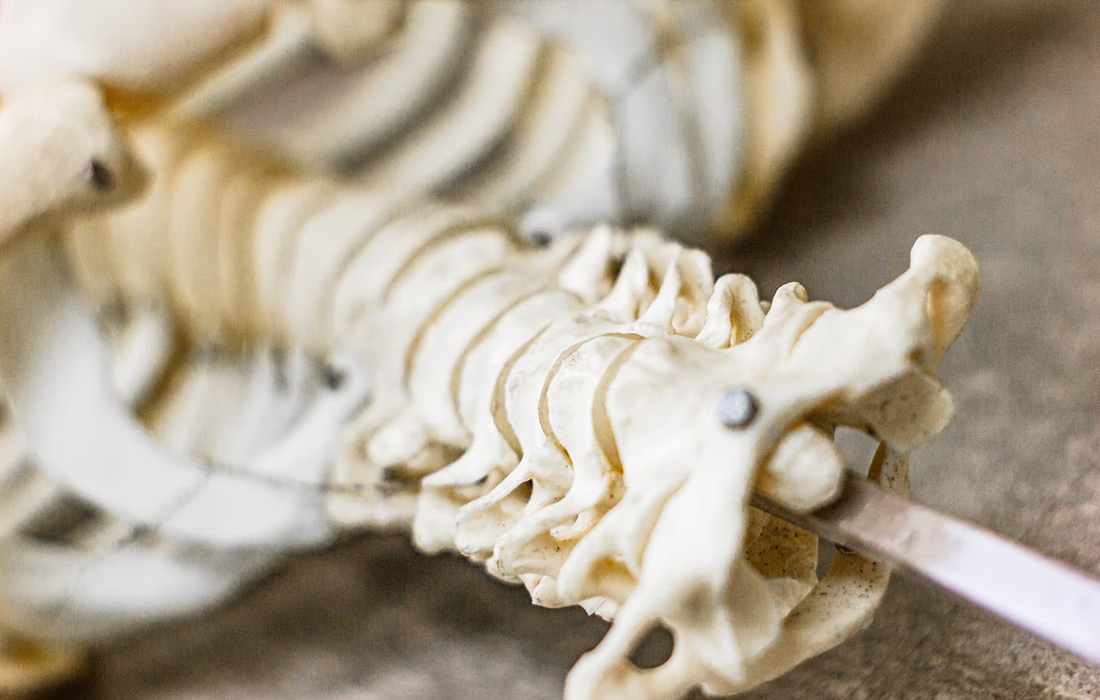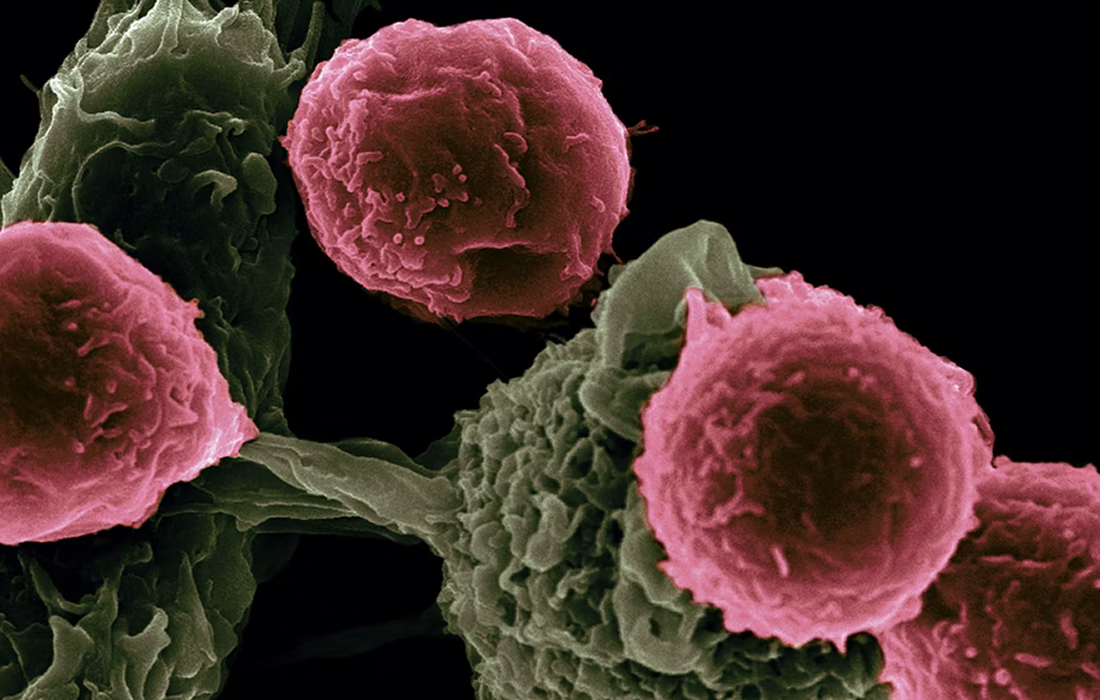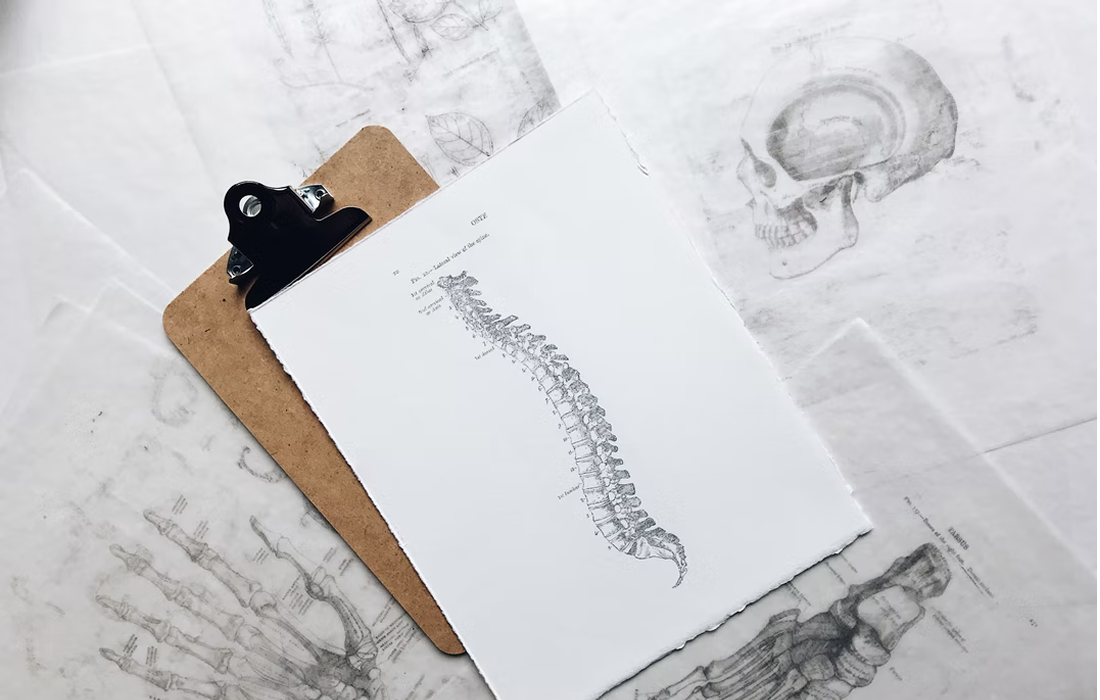There are currently more than 6 million people living with Alzheimer’s disease (AD) in the United States and the numbers continue to rise. AD is the most common type of dementia and symptoms include difficulty with short-term memory, language, and decision making. There is evidence that antioxidants may protect against neurodegeneration. These compounds can prevent […]
Author Archives: Francisco Fernandez, MD
Behavioral variant frontotemporal dementia (bvFTD) is one of the clinical syndromes seen in patients with frontotemporal lobar degeneration (FTLD) and is the second most common form of dementia in younger patients. Around 45% of bvFTD cases are caused by excessive tau protein in the brain, which interferes with neuronal structure and leads to neurodegeneration. Levels […]
Colorectal cancer (CRC) is the 3rd most common cancer diagnosed in the United States. Studies have shown that the Western diet, high-sugar diets, and excessive consumption of animal protein, especially red meat, increase CRC risk. In a recently published study, researchers found a molecule produced on keto diets suppresses tumor growth and think that these […]
Low back pain is a leading cause of disabilities throughout the world and engenders a tremendous socioeconomic burden. It has been estimated that intervertebral disk (IVD) degeneration accounts for 22–42% of patients with low back pain. IVD degeneration frequently leads to more debilitating conditions, such as lumbar disk herniation, lumbar spinal stenosis, and spinal deformity, […]
Mesenchymal stem cells (MSCs) differentiate into different cell types and have immunomodulatory and paracrine effects. These cells can be obtained from different adult tissues, including the umbilical cord, which is an excellent source of MSCs. This tissue can be obtained during vaginal or cesarean delivery without risk for neither the baby nor the mother. There […]
Multiple sclerosis (MS) is the most prevalent autoimmune disease of the central nervous system, leading to irreversible deficits in young adults. It is a neuroinflammatory demyelinating disease whose pathophysiology is both complex and incompletely understood. There is currently no cure for MS. Since the 1970s people with MS have anecdotally reported that eating dairy products […]
The bacteria Helicobacter pylori infects the stomach and it causes gastric inflammation, increasing the risk of stomach cancer. Several studies have shown that the prevalence of H. pylori is still high in most countries. In north European and North American populations, about one-third of adults are still infected, whereas, in south and east Europe, South […]
Different studies have shown good results with the intravenous administration of mesenchymal stem cells derived from different sources, such as bone marrow, adipose tissue, and umbilical cord. They have been reported to be effective, safe, and promising in the recovery and clinical outcomes of stroke patients at acute and subacute stages, but clinical studies at […]
Metabolic syndrome is defined by the presence of multiple, related risk factors for type 2 diabetes mellitus (T2DM) and cardiovascular disease (CVD). It is highly prevalent, affecting 30% of the U.S. population, and confers a 5-fold increase in the risk of T2DM and doubles the risk for CVD over 5-10 years. Some features of metabolic […]
In a new study published in the journal Molecular Therapy, researchers from an international team, led by scientists at the University of California San Diego School of Medicine have found that gene therapy that inhibits targeted nerve cell signaling effectively reduces neuropathic pain in mice with spinal cord or peripheral nerve injuries. Given the current […]










